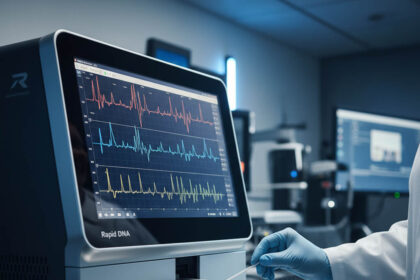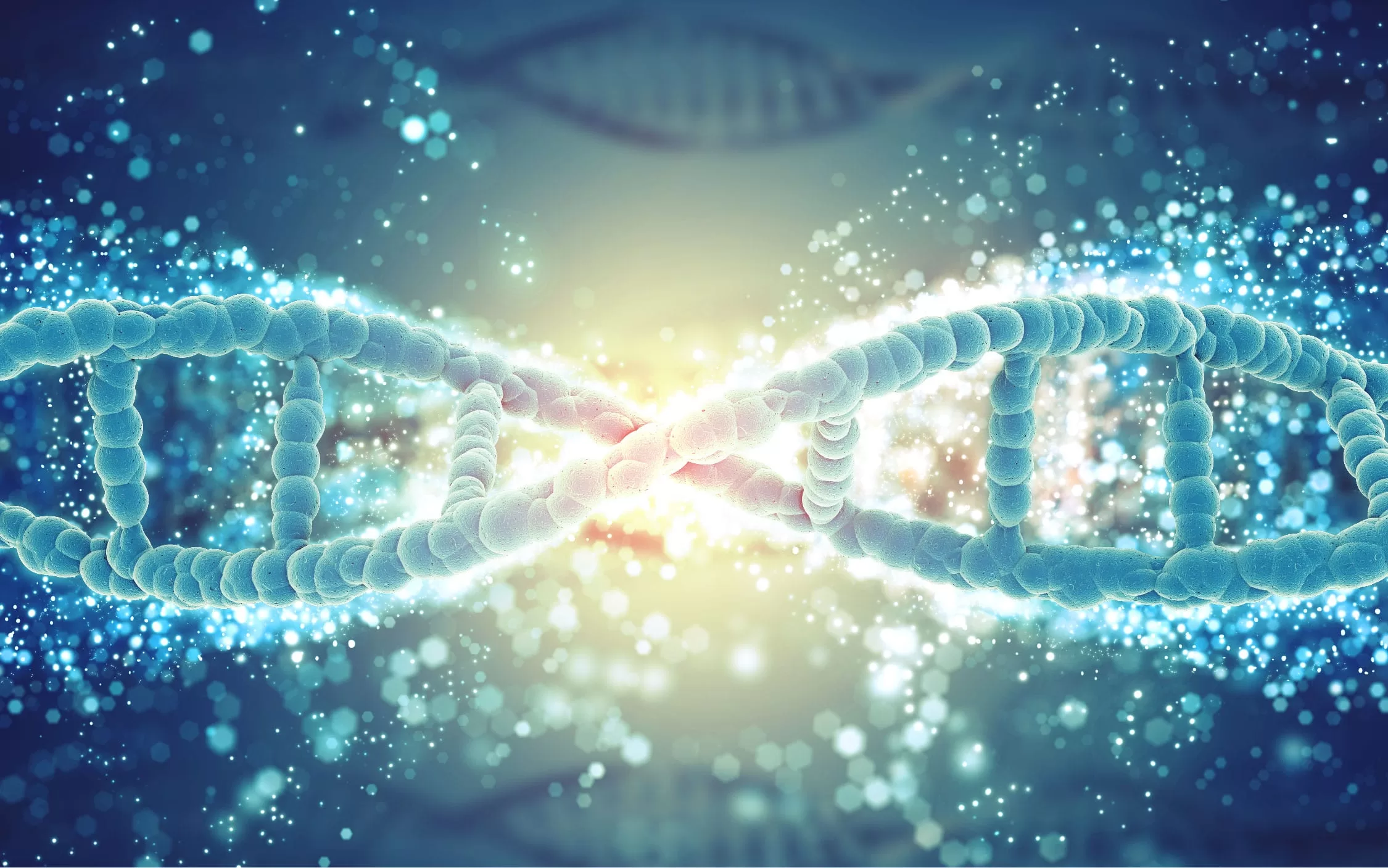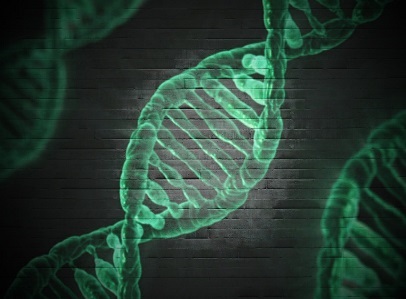From Crime Scene to CODIS in 90 Minutes: The Science of Rapid DNA Technology
Rapid DNA technology offers a fully automated 'sample-in, profile-out' solution, generating forensic…
The Chilling Case of Leanne Tiernan: Unraveling the Mystery
Explore the groundbreaking forensic techniques that solved Leanne Tiernan's case. Learn about…
The Critical Role of Forensic Scientists in Modern Medical Investigations
This article explores the vital role forensic scientists play in modern medical…
Melissa Caddick Mystery Shows the Need for Marine Forensics Research
Explore the importance of marine forensics in solving the Melissa Caddick mystery…
DNA Profiling: A Revolutionary Technology in the Criminal Justice System
This article explores the history, process, and uses of DNA profiling in…
Forensic Scientists Patented the Design of First Machine Learning Approach to Forensic DNA Analysis
Michael Marciano, research assistant professor and director for research in the Forensic and…
SNPs Over STRs in Familial Testing to Minimize Errors
Discover how high-density SNP panels can enhance the accuracy of familial testing…











